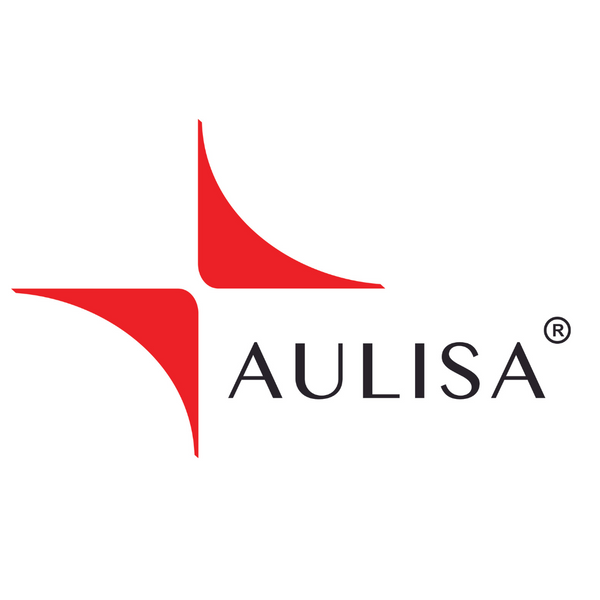Parenting is one of life’s greatest joys, but it also comes with constant responsibility. Every parent knows the invisible weight that comes with watching over a child — the middle-of-the-night wake-ups, the double-checking, the “what if” worries that linger in the background of daily life. Caregiver stress is real, and for many families, technology has become a critical tool to help ease that burden.
One of the biggest sources of stress is uncertainty. Parents often wonder: Is my baby breathing comfortably? Is their oxygen level normal? Did their temperature spike while they were sleeping? Traditional baby monitors can help parents hear or see what’s happening in the nursery, but they don’t answer these vital questions. That’s where medical-grade technology makes a difference.
FDA-cleared continuous vital sign monitoring systems are designed to give families confidence, not just data. By tracking oxygen saturation, heart rate, and temperature in real time, parents can see accurate readings on their smartphone and receive alerts if something changes. Instead of guessing, they can act with clarity. The reassurance that the information is reliable — validated through rigorous safety standards — helps reduce unnecessary panic and allows parents to rest easier.
This doesn’t just benefit parents at night. Trusted technology supports caregivers across the board: grandparents watching the baby for the afternoon, babysitters keeping an eye on a newborn, or even working parents checking in from the office. With the ability to share access, everyone involved in a child’s care can feel informed and connected. The result is less stress, fewer anxious phone calls, and more confidence that a baby is being watched over with the same level of care.
Parenting will always come with challenges, and no technology can replace a caregiver’s love and attention. But when families use tools they can trust, stress doesn’t have to be part of every moment. At Aulisa Medical, we believe that safe, reliable monitoring empowers parents and caregivers to focus more on connection and less on worry — because peace of mind is a vital sign, too.

